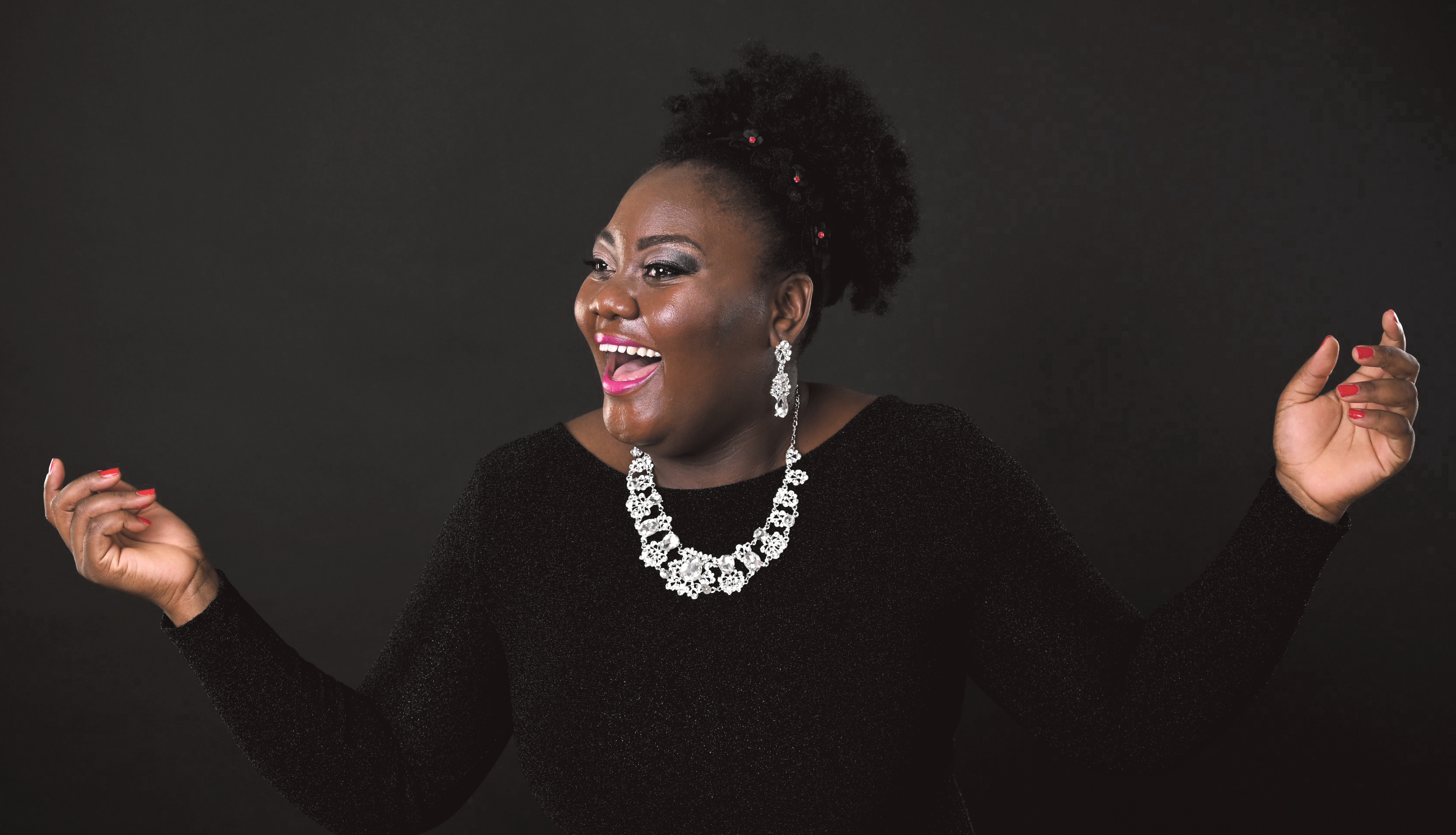Listeners can now enjoy her radiant voice at home with her self-titled debut album, Masabane Cecilia.
Born in Lebowakgomo, near Polokwane, in 1993, Rangwanasha studied at the Tshwane University of Technology and University of Cape Town. She first drew international attention by winning the 2018 Unisa International Voice Competition, and by becoming the first African to win the Song Award at the prestigious BBC Cardiff Singer of the World competition.
Since then her star has continued to rise, and among many other distinguished prizes and honours she has sung prominent solo parts in the BBC Proms, Carnegie Hall, with the London Symphony Orchestra, at the Washington National Opera and the Royal Opera in London.
She has been cast in next season’s Turandot at that pinnacle of opera houses, the Metropolitan Opera in New York.
Those of us who were quick enough to get tickets to the Mzansi Philharmonic’s national tour in August 2023 could enjoy live performances by Rangwanasha; and Cape Town concertgoers can look forward to her arrival in April 2025 to perform Strauss’s Four Last Songs with the Cape Town Philharmonic.
South African listeners who have missed her can find a valuable collection of performances online, from her 2017 stint in Unisa’s National Voice Competition, to masterclasses and Royal Opera promotional videos and the eminent live performances mentioned above.
Now, in keeping with the tradition of up-and-coming opera stars everywhere, her first recital album has been released by Rubicon, with a wide-ranging selection that not only showcases the formidable strengths of her voice, but endearing inclusions of her home country’s repertoire. Her accompanist is Aron Goldin.
As befitting a singer prized for her song repertoire, Rangwanasha embraces South African song with two classics by Stephanus Le Roux Marais: Mali, die slaaf se lied and Heimwee. They’re not only affectionate acknowledgements of her South African roots but also the taking up of a proud tradition. These songs have long been cherished by South African singers, and their legacies began as the calling cards of Mimi Coertse.
In fact, a number of tracks on the album call back to other illustrious sopranos, hinting at the exciting possibilities for Rangwanasha’s future career.
Le spectre de la rose from Berlioz’s Les Nuits d’été presents Rangwanasha’s rich lower register like gleaming burnished bronze, reminding listeners of the dark, full-bodied French renditions of the great Jessye Norman.
When she sings one of Strauss’s Four Last Songs here, she indulges in its effusive romanticism, as if channelling the lush, rounded quality of the pre-eminent Strauss soprano, Reneée Fleming.
And as she launches into Catalani’s lament Ebben? Ne andrò lontana, the aria with which she won her first international competition in 2018, she echoes Angela Gheorghiu’s luxurious, dusky tones.
Above all, the album shows off Rangwanasha’s radiant voice and the triumph of her superb training. Her timbre is dark and sumptuous, like premium speciality coffee, and billows with resonant sound. She nails every technical aspect of the music, from shimmering, pitch-perfect high notes to the crisp consonants of her pronunciation (though her Afrikaans vowels are audibly those of a non-native speaker).
What’s missing is what will come with experience and maturity. Her performances here, as gratifying as they are to listen to, do not yet present the distinctive dramatic colours of a performer in her prime. Every note is beautiful and tasteful, yet lacking the seared edge of a fully rounded musical personality.
Granted, there are no Verdi arias on the album that call for that kind of scorched rawness, but each track does hold opportunities for the nuanced shifts and shadows in tempo, colour and pronunciation that a masterful singer will bring.
This is not to detract from Rangwanasha’s commensurate gifts as a singer, but to look forward to the more moving, more meaningful and more momentous music that will come from her in the next five, 10 and 20 years.
She closes the album with Richard Rodgers’s Climb Every Mountain, exhorting listeners to find your dream. We who listen can only hope that her dreams of musical achievement are as delightful for her to realise as they are for us to hear. DM
Masabane Cecilia is available on Spotify, YouTube Music, Idagio, Apple Music, Deezer and other music services.





 Masabane Cecilia Rangwanasha. (Photo: Twitter @AskonasHolt)
Masabane Cecilia Rangwanasha. (Photo: Twitter @AskonasHolt)